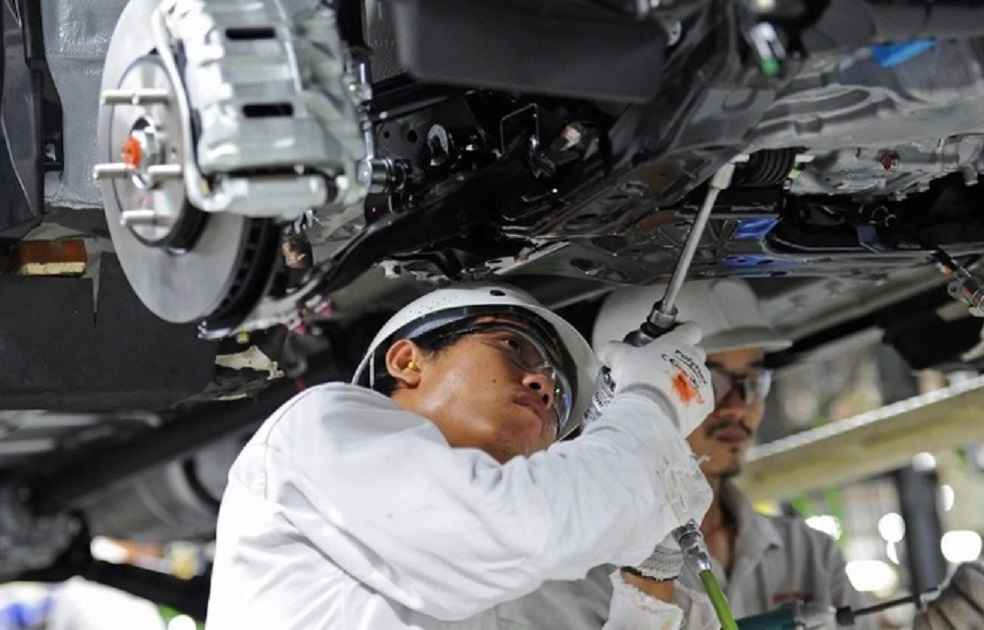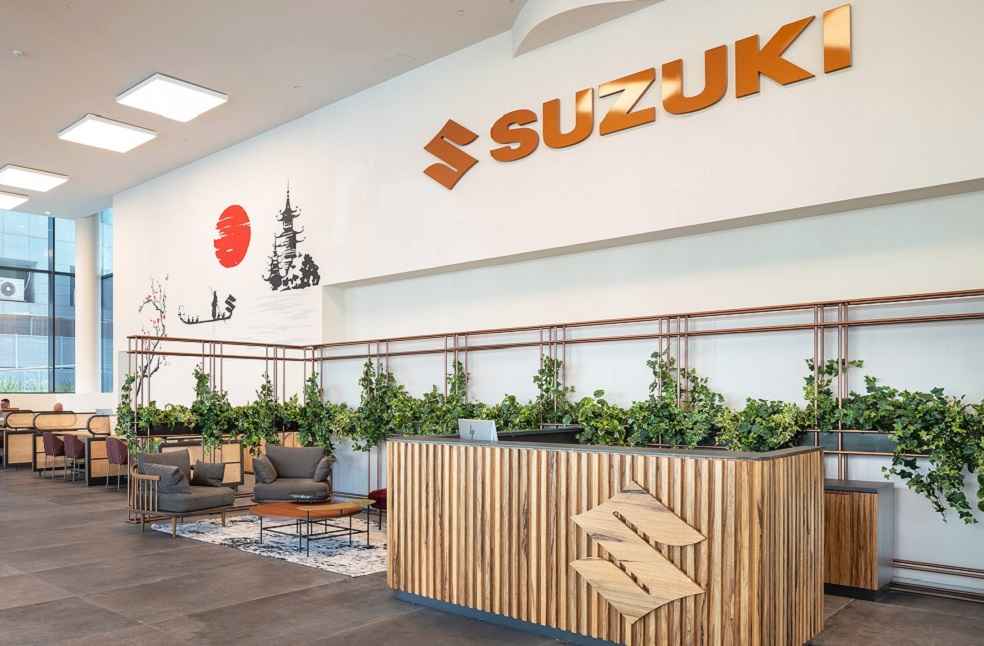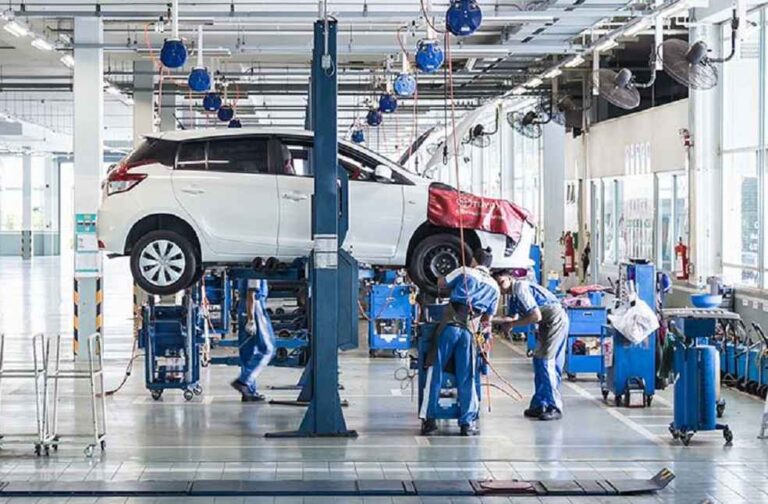Suzuki Motor Corporation (SMC) has confirmed the upcoming closure of its automotive production facility in Thailand for leveraging completely built units (CBUs) from India, ASEAN, and Japan. The manufacturing operations at Suzuki Motor (Thailand), situated in Pluakdaeng, Rayong Province, will cease by the end of 2025.
This decision forms part of a comprehensive review of Suzuki’s global production, influenced by shrinking sales and a company-wide initiative toward carbon neutrality and vehicle electrification. Sales figures for fiscal year 2023 show the Thai subsidiary sold only 10,807 cars domestically alongside 1,272 exports, emphasizing the need for operational reassessment.

“In the course of promoting carbon neutrality and electrification globally,” Suzuki had been considering optimizing global production sites within the group according to a Suzuki press release. In the initial period of operations in March 2012, the Thai plant has produced approximately 60,000 units annually, including well-received models such as Swift, Celerio, and Ciaz, and more recent hybrid models like the XL7 and Ertiga Smart Hybrid.
Despite the impending shutdown, Suzuki remains dedicated to sustaining sales growth and aftersales services in Thailand. The company intends to bolster its lineup with various electrified models to back the Thai government’s carbon neutrality goals.

This move reflects broader industry dynamics within Thailand, where traditional passenger vehicle demand has sharply contracted in favor of electric vehicles (EVs). Data from the Federation of Thai Industries reveals a significant drop from the peak in 2012, with only 292,384 units sold in 2023 and a notable decline continuing into 2024.
Thailand’s automotive sector is rapidly transforming into a major hub for EV manufacturing, attracting substantial foreign investments and benefiting from government incentives. The International Energy Agency’s Global EV Outlook for 2024 shows a remarkable increase in EV sales in Thailand, fourfold year-over-year in 2023 to nearly 90,000 units, which now constitutes a 10% share of the market. This growth is primarily driven by rapid expansions from Chinese automakers, particularly BYD, which is set to start operations of an EV production facility with an annual capacity of 150,000 vehicles.
DON’T MISS | Biden’s Bold Move: New U.S. Standards Propel EV and Hybrid Surge





